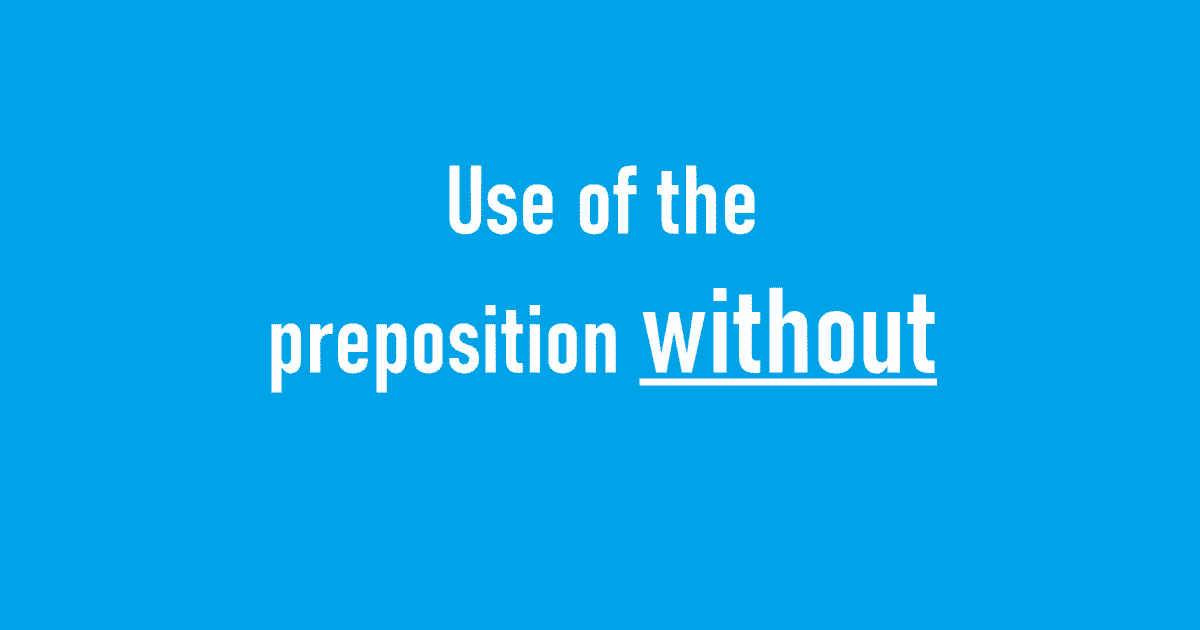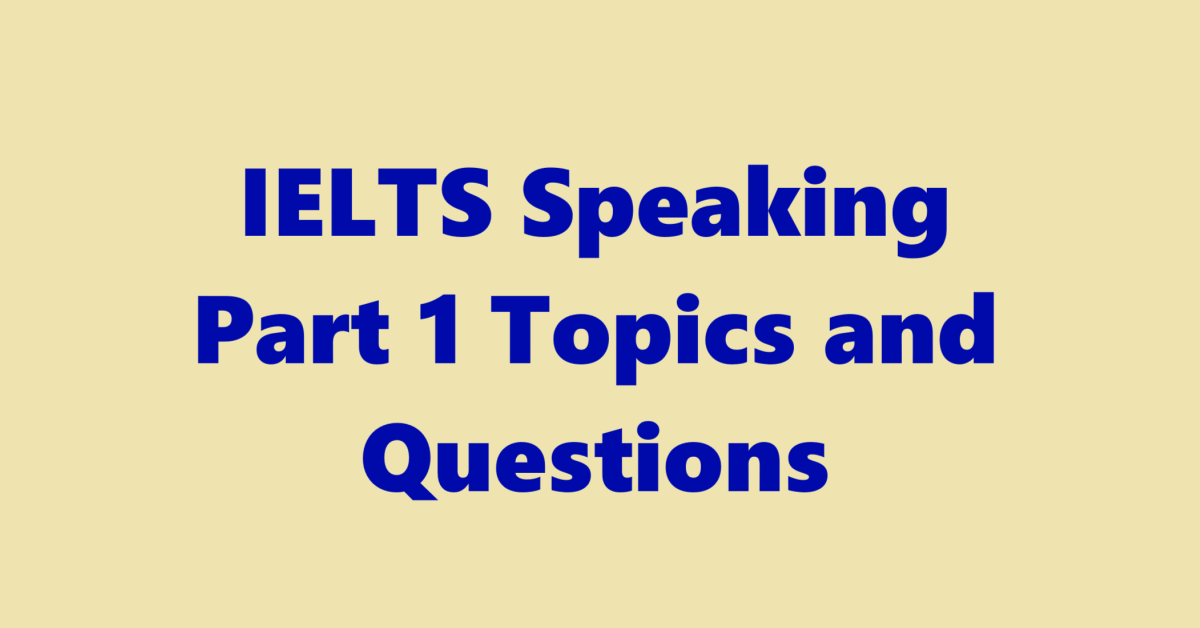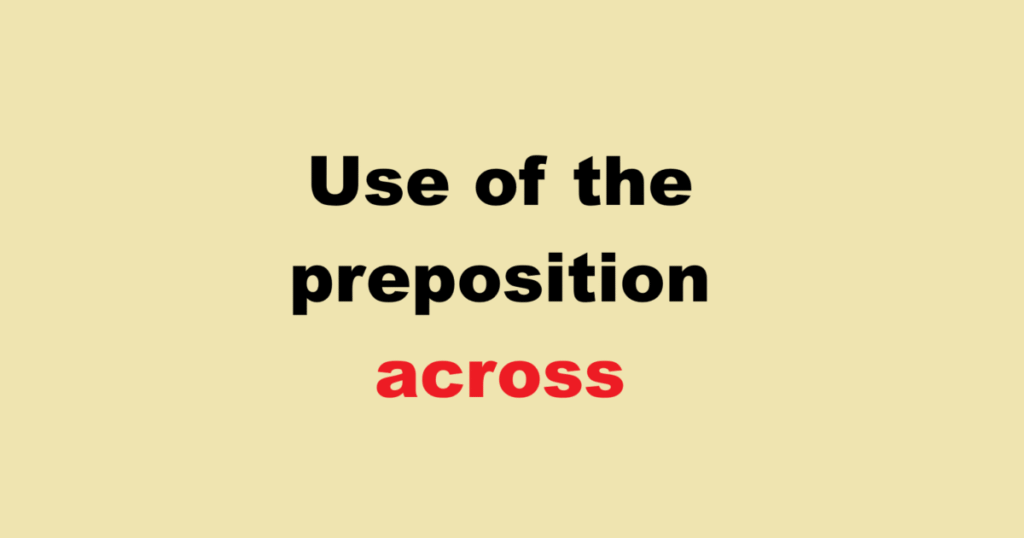Use of the preposition without. The English language is a complex tapestry woven with words that can subtly shift in meaning depending on context. Among these versatile words is the preposition “without.” While seemingly straightforward, “without” holds a surprising depth, offering a variety of ways to express absence, lack, exclusion, and dependence. In this comprehensive guide, we’ll dissect the various uses of “without,” exploring its grammar, its nuances, and the subtle ways it can shape the meaning of a sentence.
Use of the preposition without
The Core Meaning: Absence and Lack
At its most fundamental, “without” indicates the absence or lack of something. This is the usage most people readily recognize, and it forms the foundation for its other applications.
- Physical Absence: This is perhaps the easiest usage to grasp. It indicates the literal lack of something physically present.
- Example: “He walked through the door without his keys.” (He did not have his keys with him when he walked through the door.)
- Example: “The room was completely dark without any windows.” (The room lacked windows, contributing to the darkness.)
- Lack of an Attribute or Quality: “Without” can describe the absence of a characteristic, quality, or attribute.
- Example: “She sang the song without any emotion.” (Her singing lacked emotion.)
- Example: “The food was bland without any seasoning.” (The food lacked seasoning, making it bland.)
- Example: “He achieved his goals without compromising his values.” (He maintained his values throughout his pursuit of goals.)
Beyond Basic Absence: More Nuanced Applications
The power of “without” extends beyond simply stating the absence of something. It can express a range of more subtle relationships, including:
- Exclusion: The word “Without” can be used to exclude something from a group or activity explicitly.
- Example: “Only members are allowed in the club without exception.” (No one other than members is allowed.)
- Example: “You can’t access the database without proper authorization.” (Authorization is required; lacking it excludes you.)
- Means or Instrumentality: “Without” can indicate the absence of a means or instrument necessary to achieve something. Essentially, it implies “in the absence of” or “by not using.”
- Example: “He opened the bottle without a bottle opener.” (He opened the bottle in the absence of a bottle opener, likely using an alternative method.)
- Example: “She solved the problem without using a calculator.” (She solved the problem using methods other than a calculator.)
- Circumstance or Condition: “Without” can introduce a clause that describes the circumstance or condition under which something happens or is true. This usage often conveys a sense of contingency.
- Example: “Without your help, I wouldn’t have succeeded.” (My success was contingent upon your help; if you hadn’t helped, I wouldn’t have succeeded.)
- Example: “Without rain, the crops will fail.” (The failure of the crops is contingent upon the absence of rain.)
- “But For” Causation: This is closely related to the circumstance/condition use, but it highlights a direct causal relationship. “Without” implies that if the specified thing had happened (or been present), the result would have been different. This is a common concept in legal reasoning.
- Example: “He wouldn’t have been injured without the faulty equipment.” (The faulty equipment directly caused his injury; if the equipment had been functional, he wouldn’t have been hurt.) This is essentially saying, “But for the faulty equipment, he wouldn’t have been injured.”
- Indifference or Disregard: “Without” can subtly convey a sense of indifference or disregard for something.
- Example: “He left the room without a word.” (He didn’t bother to say anything when he left.)
- Example: “She continued her work without acknowledging the interruption.” (She ignored the interruption and carried on working.)
Grammatical Considerations: Position and Usage
Understanding the grammatical role of “without” is crucial for constructing clear and accurate sentences.
- Preposition: “Without” is primarily a preposition. This means it’s typically followed by a noun, pronoun, or a noun phrase.
- Example: “He left without his wallet.” (Noun phrase)
- Example: “She went to the party without him.” (Pronoun)
- Example: “The cake is delicious without icing.” (Noun)
- “Without + Gerund”: A very common and useful construction is “without + gerund” (the -ing form of a verb used as a noun). This describes how something is done, or not done.
- Example: “He left without saying goodbye.”
- Example: “She finished the race without stopping.”
- Example: “The company launched the product without testing it properly.”
- Placement in a Sentence: The placement of a “without” phrase can affect the emphasis and clarity of a sentence. It’s generally best to place it close to the element it modifies.
- Example: “Without hesitation, she jumped into the water.” (Emphasizes the lack of hesitation.)
- Example: “She jumped into the water without hesitation.” (Slightly less emphasis on the lack of hesitation; focuses more on the act of jumping.)
- Avoid Dangling Prepositions: While less strictly enforced in modern English, it’s generally considered good practice to avoid ending a sentence with a preposition unnecessarily. While sentences like “What are you looking at?” are perfectly acceptable in conversation, more formal writing might prefer “At what are you looking?” However, rephrasing to avoid ending with “without” can sometimes sound awkward. It’s often best to rewrite the sentence entirely.
- Awkward: “What are you doing this without?”
- Better: “What are you doing this without using?” OR “What tool are you missing to do this?”
Common Mistakes and How to Avoid Them
- Confusing “Without” with “Unless”: While both introduce conditional clauses, “without” emphasizes the absence of something, while “unless” emphasizes a condition that must be met.
- Incorrect: “Without you study, you will fail.”
- Correct: “Unless you study, you will fail.” (Study is the condition for passing.)
- Correct: “You will fail without studying.” (Studying is absent from your actions.)
- Overuse of “Without”: Sometimes, a more direct phrasing can be clearer and more concise.
- Wordy: “He completed the task without any difficulty.”
- Better: “He completed the task easily.”
- Misunderstanding the Implication: Be mindful of the subtle implications of “without” when conveying causation or dependence. Ensure the sentence accurately reflects the intended relationship between the elements.
Examples in Literature and Everyday Speech:
The use of “without” is pervasive in both formal and informal contexts. Here are a few examples to illustrate its versatility:
- Literature: “To be or not to be, that is the question: Whether ’tis nobler in the mind to suffer The slings and arrows of outrageous fortune, Or to take arms against a sea of troubles, And by opposing end them. To die, to sleep—No more—and by a sleep to say we end The heartache, and the thousand natural shocks That flesh is heir to. ‘Tis a consummation Devoutly to be wished. To die, to sleep—To sleep, perchance to dream. Ay, there’s the rub, For in that sleep of death what dreams may come, When we have shuffled off this mortal coil, Must give us pause. There’s the respect that makes a calamity of so long a life. For who would bear the whips and scorns of time, Th’ oppressor’s wrong, the proud man’s contumely, The pangs of despised love, the law’s delay, The insolence of office, and the spurns That patient merit of th’ unworthy takes, When he might his quietus make With a bare bodkin? Who would fardels bear, To grunt and sweat under a weary life, But that the dread of something after death, The undiscovered country from whose bourn No traveler returns, puzzles the will, And makes us rather bear those ills we have Than fly to others that we know not of? Thus conscience does make cowards of us all, And thus the native hue of resolution Is sicklied o’er with the pale cast of thought, And enterprises of great pith and moment With this regard their currents turn awry And lose the name of action.” (Hamlet, William Shakespeare) – Notice how “without” implies the state of being free from the physical constraints (“mortal coil”).
- Everyday Speech: “I can’t imagine living without coffee.” (Expresses a dependence.)
- Technical Writing: “The system will shut down without warning if the temperature exceeds 100 degrees Celsius.” (Describes a condition that triggers an event.)
Conclusion: Mastering the Power of “Without”
“Without,” despite its apparent simplicity, is a powerful and versatile preposition that plays a crucial role in expressing absence, exclusion, dependence, and conditional relationships. By understanding its various nuances and grammatical applications, you can significantly enhance the clarity and precision of your writing and speaking. So, the next time you find yourself reaching for “without,” take a moment to consider its implications and ensure it accurately conveys your intended meaning. Your audience and your communication will be better for it.
Also Read,


